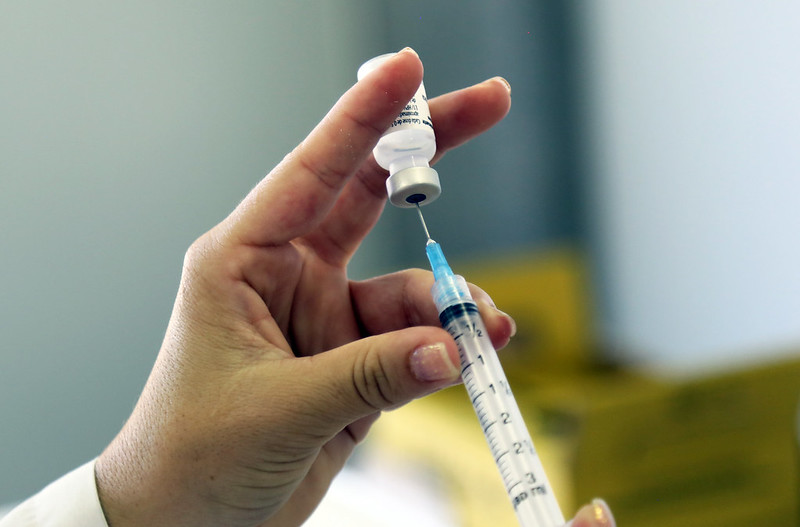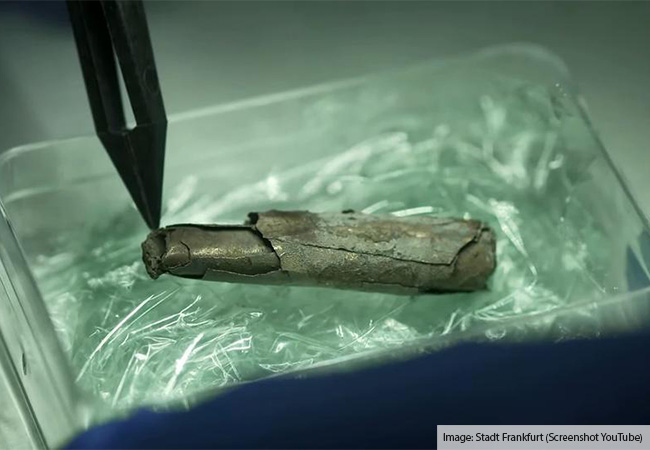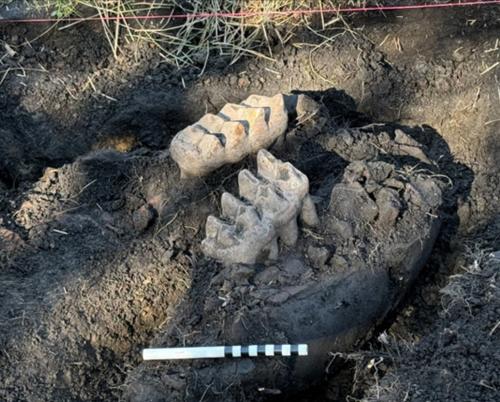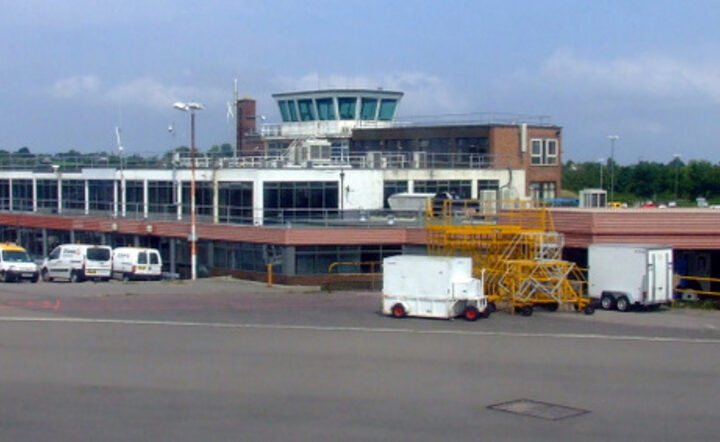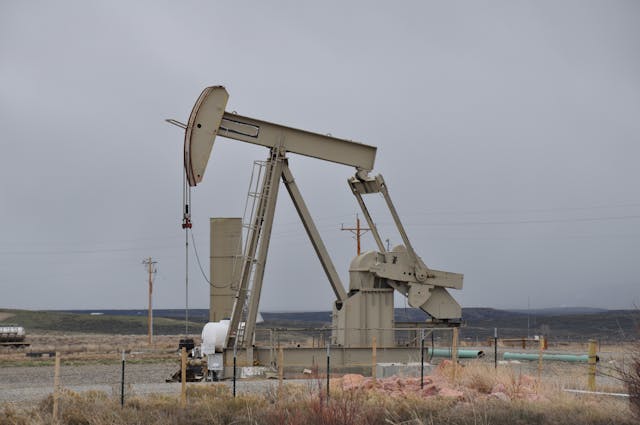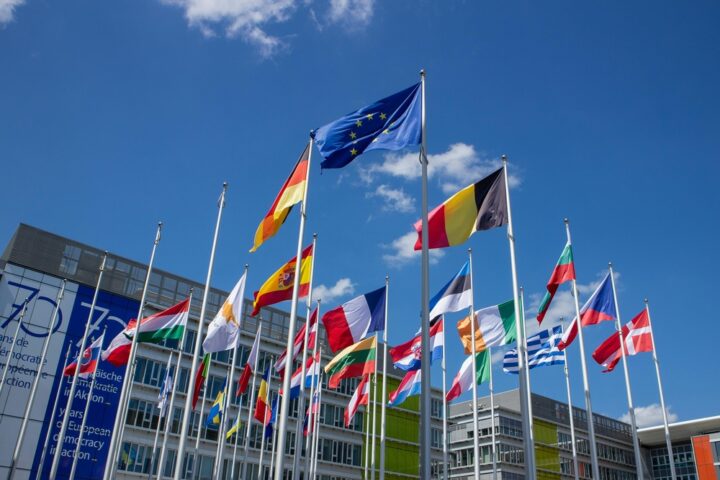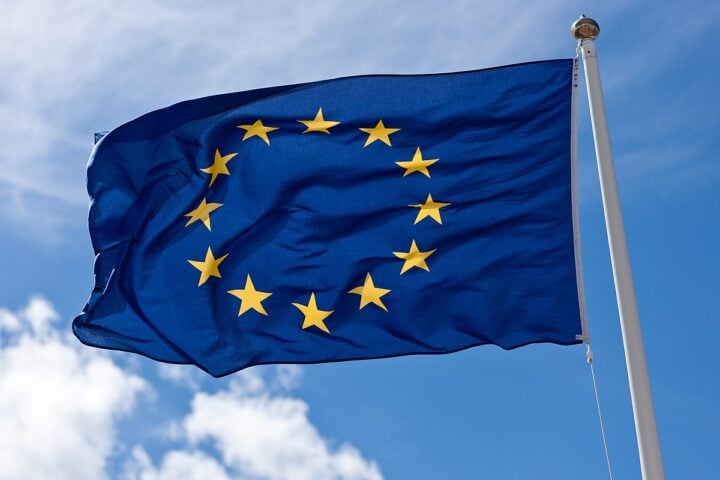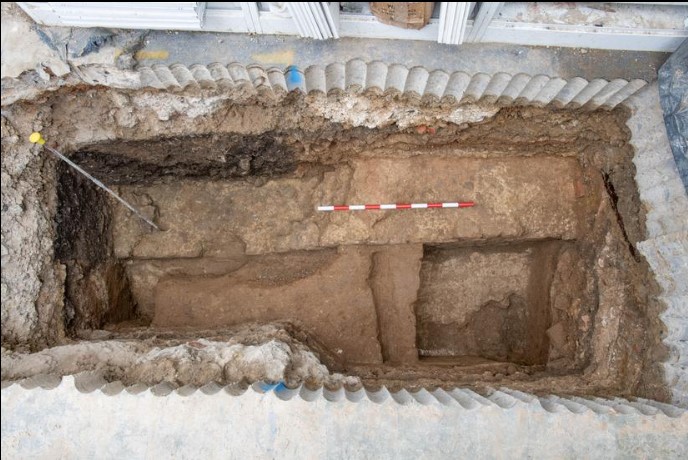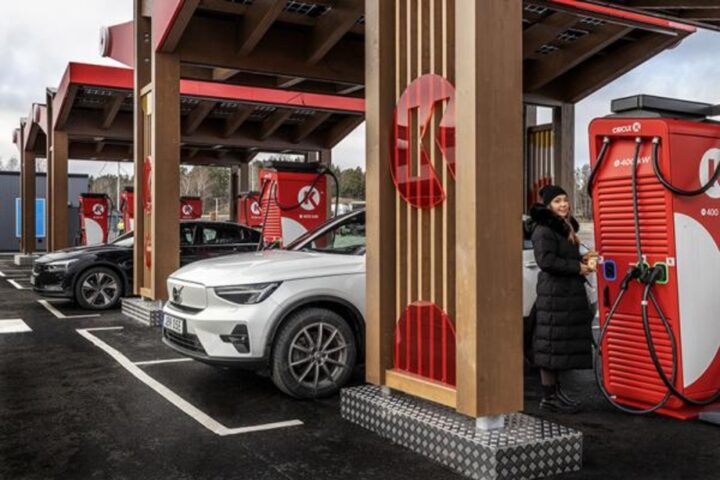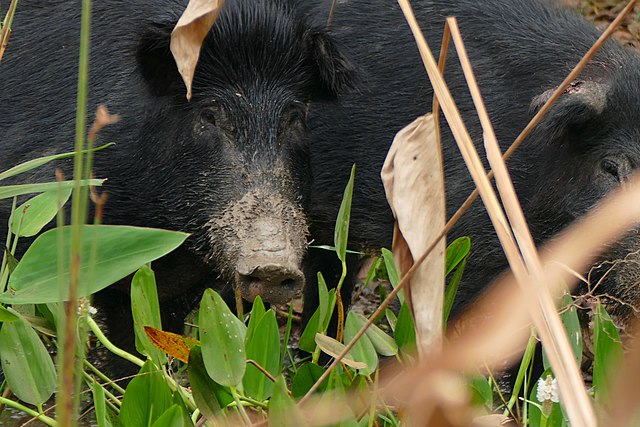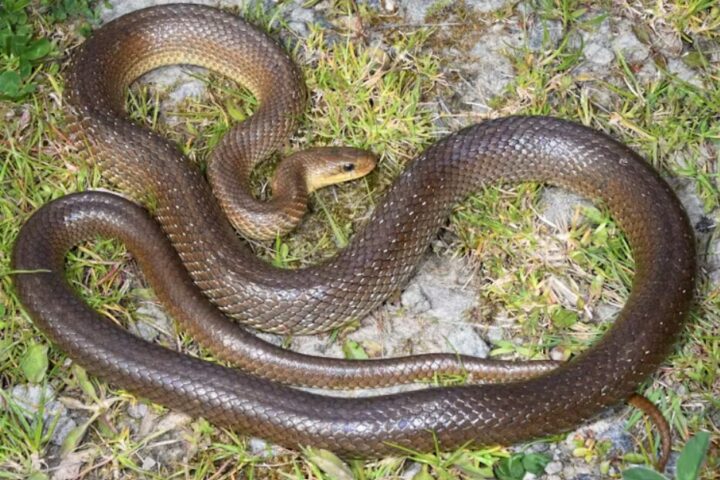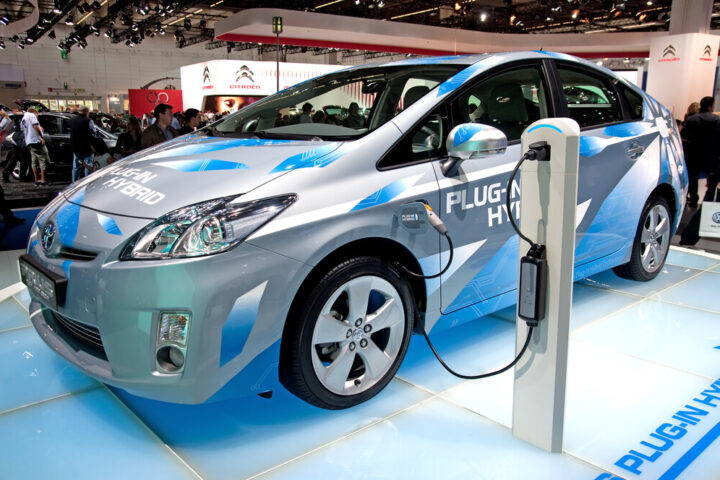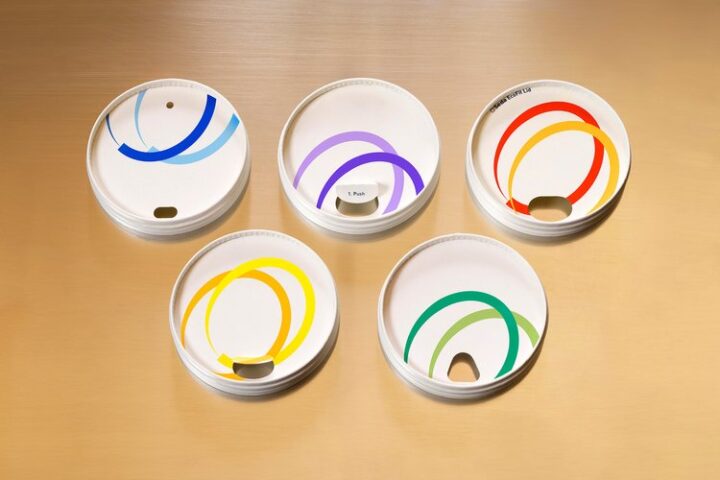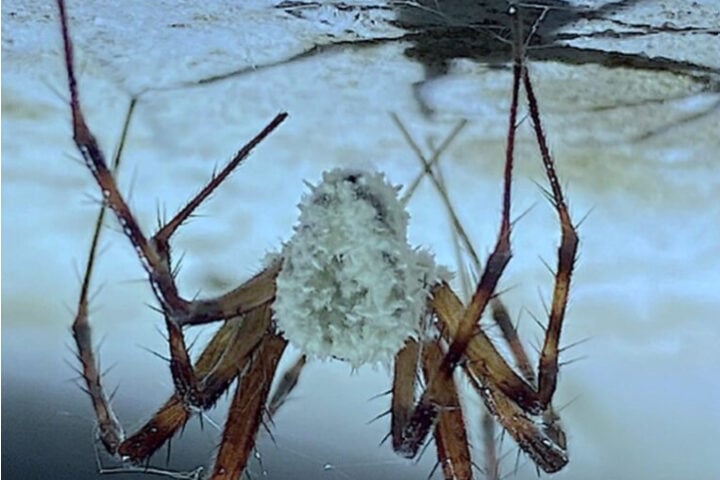Russia’s Ministry of Health has announced the development of an mRNA-based cancer vaccine, scheduled for free distribution to patients beginning in early 2025. This development emerges amid global efforts to harness mRNA technology for cancer treatment.
The Science and Implementation
The vaccine employs messenger RNA (mRNA) technology. According to Alexander Ginsburg, Director of the Gamaleya National Research Center, pre-clinical trials demonstrate the vaccine’s ability to suppress tumor growth and prevent metastases.
“Now it takes quite long to build [personalized vaccines] because computing of how a vaccine, or customized mRNA, should look like uses matrix methods, in mathematical terms,” Ginsburg explained. The center is exploring collaboration with the Ivannikov Institute to potentially implement AI solutions that could reduce vaccine customization time to “about half an hour to an hour.”
Research Collaboration and Government Support
As confirmed by Health Minister Mikhail Murashko in June, the project involves:
- Gamaleya National Research Center for Epidemiology and Microbiology
- Hertsen Moscow Oncology Research Institute
- Blokhin Cancer Research Center
Murashko confirmed the research “is financed by the state as part of the governmental order.”
Statistical Context
According to WHO data cited in the source material, 2022 saw approximately 20 million new cancer cases and 10 million deaths globally. Russia reported 635,000 cases in 2022, with colon, breast, and lung cancers being most prevalent.
Current Research Status
The National Cancer Institute explains that mRNA vaccines work by directing cells to:
- Produce proteins that may stimulate an immune response
- Target these proteins when present in tumor cells
Veronika Skvortsova, head of the Federal Medical and Biological Agency (FMBA), told TASS that Russia is conducting parallel studies on melanoma and glioblastoma.
Global Research Landscape
Confirmed international efforts include:
- UK-BioNTech agreement for personalized cancer treatment trials by 2030.
- Moderna-Merck collaboration on skin cancer vaccines.
- University of Florida’s trials on glioblastoma patients.
- BioNTech’s BNT116 trials for non-small cell lung cancer across seven countries.
More Stories
Development Status
Current information from Russian authorities indicates:
- Pre-clinical trials have been conducted.
- Free distribution is planned for early 2025.
- The vaccine will be personalized for each patient.
- Specific cancer types targeted are still under study.
- Details about clinical trials are pending.
Expert Statements
President Vladimir Putin stated in February: “We have come very close to the creation of so-called cancer vaccines and immunomodulatory drugs of a new generation.”
Andrey Kaprin, General Director of the Radiology Medical Research Center, confirmed on Radio Rossiya that the vaccine would be distributed free of charge.
